China’s Shadow Elections: Fake or Real?
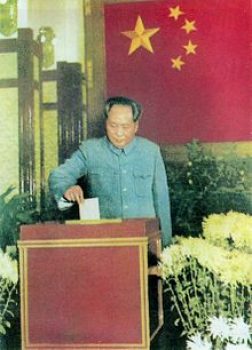
It may come as a surprise to many that China, a highly authoritarian state, holds elections — albeit “shadow” elections of a sort. Although some experts suggest that they are a pretense, these elections may be much more meaningful than they appear on the surface. This article dives deeper into the shadows and examines whether these shadowy elections are real or simply a show.
Shedding Light on China’s Shadow Elections
The Chinese elections are cautiously termed as “shadow” elections, as they leave much to be desired in comparison to their Western counterparts. After all, Chinese citizens are not allowed to choose their candidates on the basis of ideology: instead, the powerful Chinese Communist Party (CCP) picks candidates to represent the people. The candidates are largely trained to think in the same way, with close ties to CCP’s top leadership. The “elections,” then, are held in order to give the people a say in who will be their official representatives in local and national legislatures. However, it is important to note that these elections are still orchestrated by the CCP — not by the people. This brings us to the next question: are the choices given to citizens authentic?
Examining the Genuineness of the Process
At a first glance, the verdict may seem clear-cut — no, the choices are not authentic. Contrary to Western elections, it is impossible to find debate or discussion online within the Chinese electorate, since platform like Twitter and international media outlets are strictly regulated in the country. This makes it difficult to gauge public opinion or what the people really think. However, a closer look actually reveals an interesting phenomenon: the shadow elections may be more than just a show. It has been noted that local legislatures in China are often deadlocked when it comes to major decisions. This implies that Chinese citizens are exercising some degree of autonomy when it comes to choosing their representatives — and the representatives may be responding in kind by advocating for localized interests.
Conclusion
With its highly authoritarian government, it’s difficult to make an informed decision about the true nature of China’s shadow elections. However, the evidence suggests that citizens may actually have more influence over the lawmakers than it initially seems. Whether these elections are real or fake, only time will tell — but for now it is plausible to consider that Chinese citizens have a larger role in their country’s politics than initially thought.
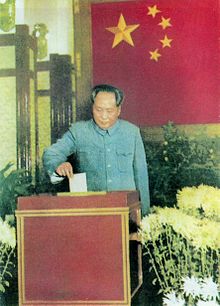
Source: en.wikipedia.org
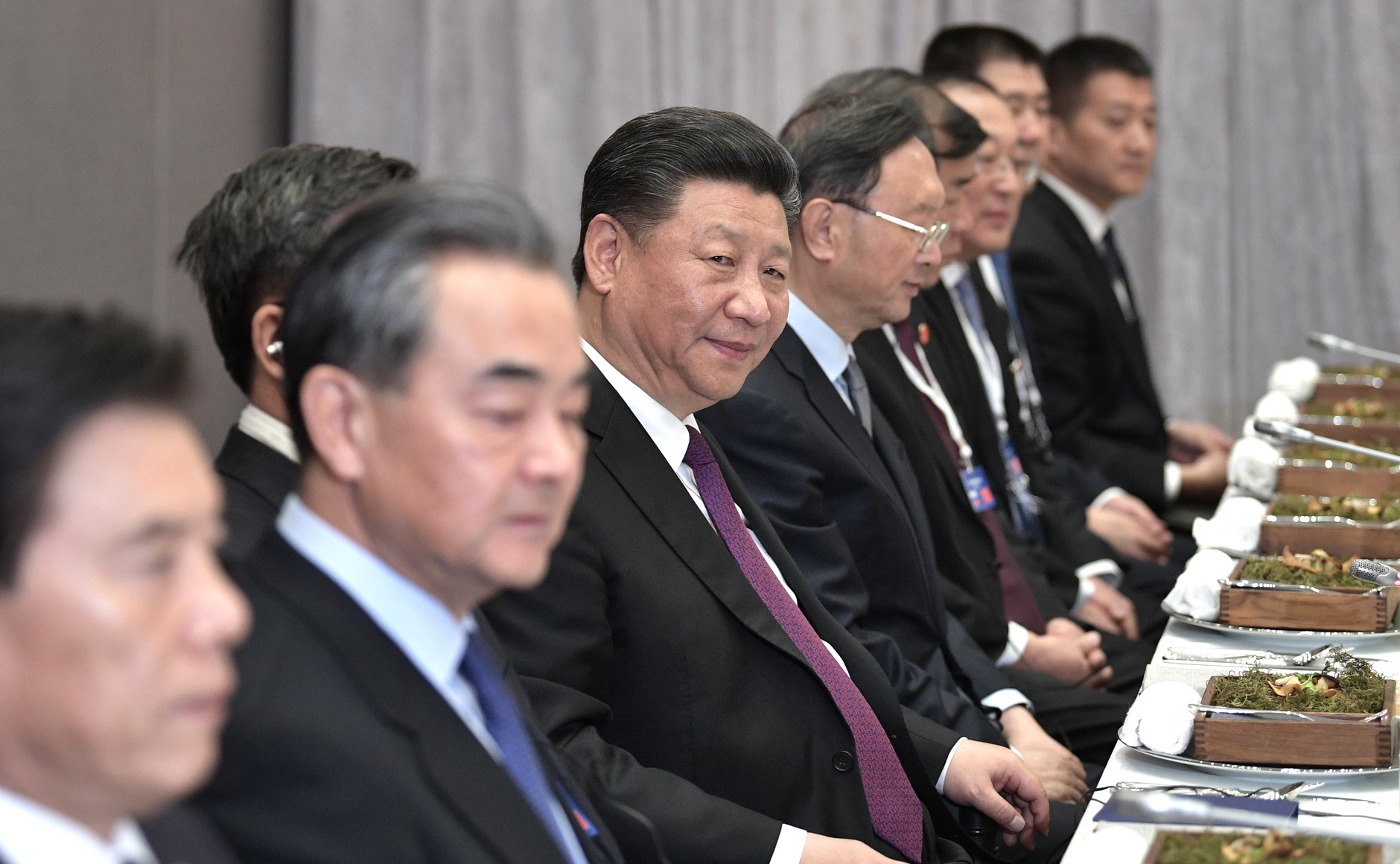
Source: en.kremlin.ru
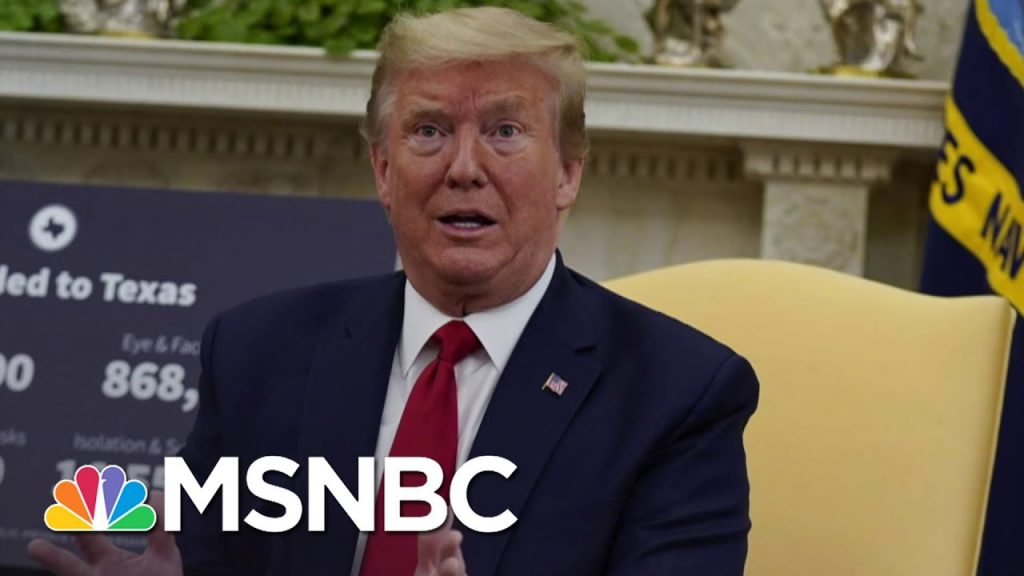
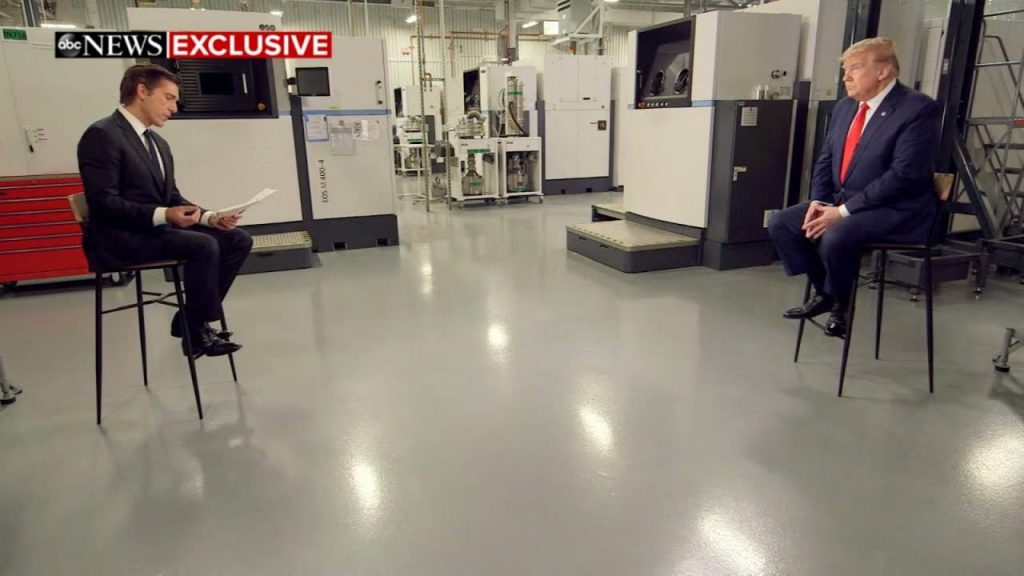


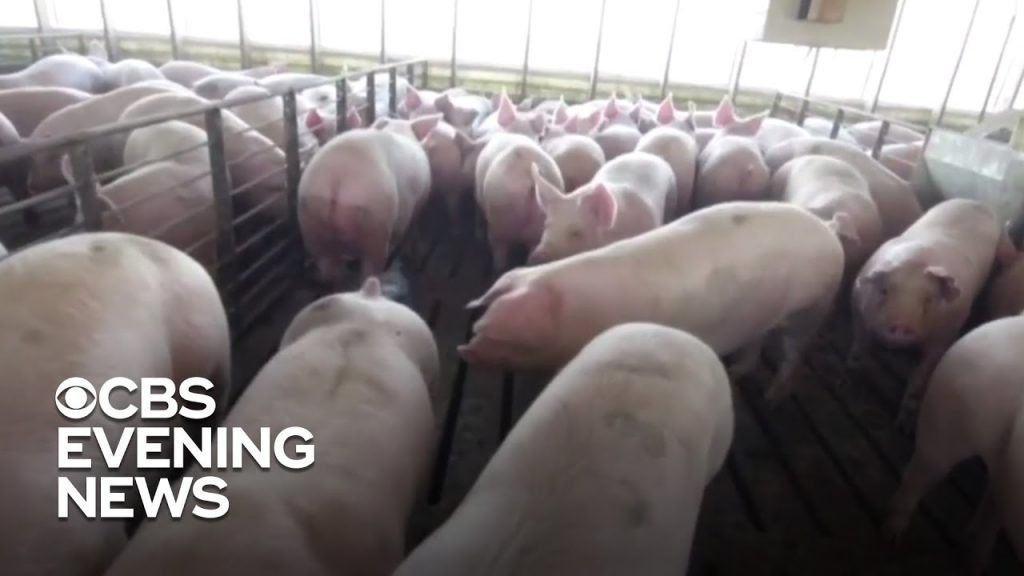
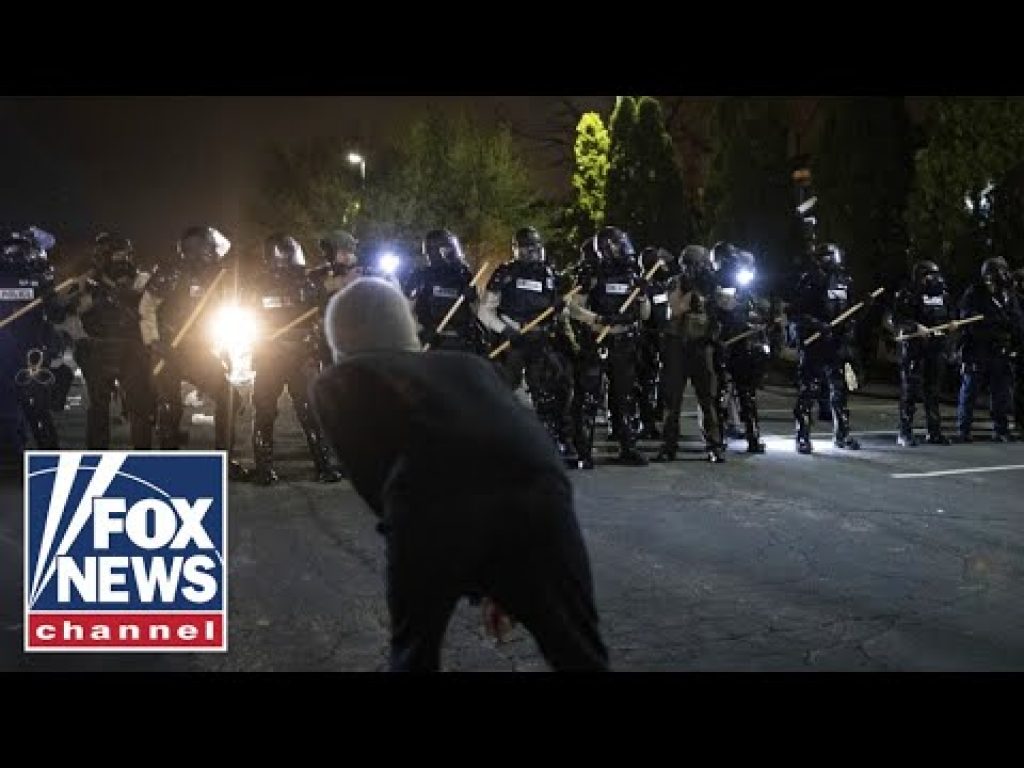



Warning: Why Small Business Bailouts could Lead to Mass Bankruptcies
US signs immigration agreement with Guatemala
Dubai: Expectation vs reality – BBC News
18 People Contract COVID-19 After 30th Birthday Party
De Blasio to slash $1B from NYPD budget as violent crime surges